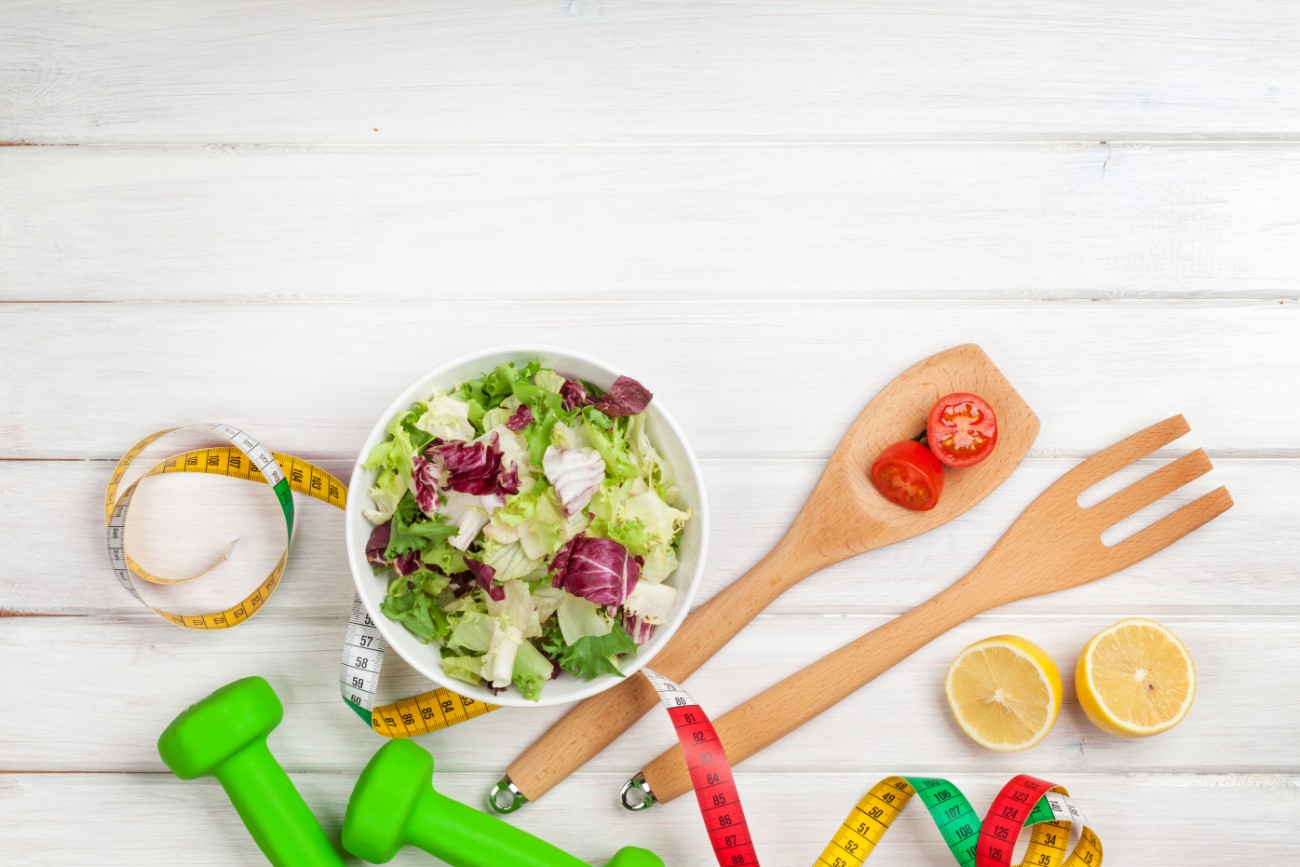Losing weight gets harder as you grow older. Your metabolism slows down and your joints start to hurt, making it a struggle to live a healthy lifestyle. Fortunately, if you start a search online, you can learn how to lose weight after the age of 50.
Just because you’re getting older doesn’t mean your health has to drastically decline. By opening your mind to these new habits, you can maintain a healthy weight that doesn’t include fad diets or crazy exercises.
Focus On Nutrition
Nutrition is the single most important factor if you’re trying to lose weight. It’s also one of the most difficult adjustments for people to make. But with some will power and healthy choices, you can see how effective this step is.
Weight loss is 75 percent diet and 25 percent exercise. This means that eating healthy can give you the best chance of losing weight. There are certain types of food that can kickstart your weight loss goal.
Foods with protein, fiber and healthy fats should be incorporated into your meals. Each of them serve a purpose in weight loss. For example, fruits and vegetables containing fiber can reduce your body from accumulating extra, unhealthy fats.
You should also start eating high-protein meals throughout the day, especially breakfast. There’s been research that shows protein can directly impact someone’s weight loss by boosting their metabolism and setting a healthy tone for the rest of the day.
Implement Strength Training Into Workouts
Since seniors start losing two percent of muscle strength each year after turning 50, strength training is really important. Not only can strength training help you lose weight, but it might also help reduce the symptoms for chronic diseases like arthritis and heart disease.
Just 30 minutes of exercise five days each week is recommended by health officials. Dedicate at least two of these days to strength training. Some easy moves you can implement into your routine include squats, lunges and bicycle crunches. Focus on full body movements that are challenging, but not painful to do.
Before starting your workout, you need to remember to stretch. You’re more prone to injuring yourself after age 50 regardless of exercise intensity. Spending 10 to 20 minutes warming up and stretching will increase your flexibility and reduce your risk of injury. You should also stretch after your workout to relieve your muscles and avoid soreness.
Make Sure You Get Enough Sleep
Sleep is one of the most important parts of living a healthy lifestyle. It’s also something that can help you with your weight loss goals.
When you’re not getting enough sleep, your body is deprived and has increased production of hormones that make you feel hungry. In fact, men over the age of 67 who get less than five hours of sleep are four times more likely to be obese compared to those who get more sleep.
Do your best to implement a regular sleep schedule and aim for eight hours per night. It might be easier said than done for some people, but it can help regulate your appetite and improve your mood.
Set Realistic Goals For Your Current Self
It’s easy to compare your current self to how you used to look. The reality is your body is a lot different than what it used to be and that’s completely normal.
Not all diets or workouts will work the exact same way as they did for you at a younger age. You probably won’t be able to lift as much weight, run as fast, or shed weight as quickly as you could 20 years ago. But instead of setting goals you would work towards in the past, take care of yourself the way someone your age should.
Research different types of exercise that you’ll actually enjoy. Join a local dance class, walking group or sports team that interests you. When you find physical activities you enjoy, exercising won’t feel like such a chore.
Make sure to understand your current health and talk to your doctor about what weight loss methods are safe for you to do. Living a healthy lifestyle can not only help you lose weight, but it can also improve other aspects of your life. You’ll have more energy, a happier attitude and feel more in control of your health.
